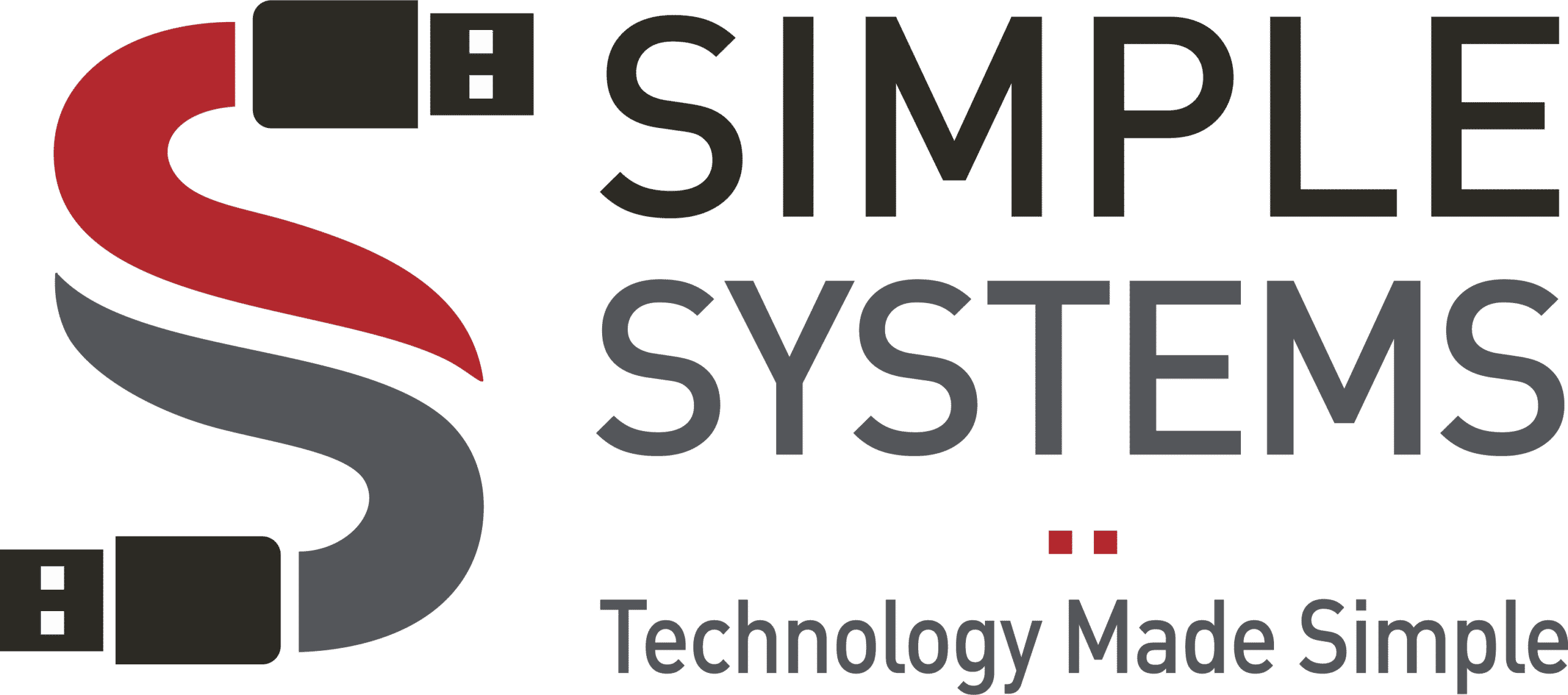When CMMC 2.0 was announced in November 2021, some companies scrambled to ensure they were compliant with the new regulations. For some, they may not have known what it meant and how it could apply to them.
CMMC stands for Cybersecurity Maturity Model Certification; it’s a certification program created by the Department of Defense (DoD) to protect sensitive government information stored in private sector businesses.
To become certified, companies must adhere to certain requirements and pass an audit. However, navigating these complicated requirements can be confusing and time-consuming. That’s where a CMMC consultant comes in.
All You Need to Know About CMMC Compliance
Knowing the basic definition of CMMC compliance is one thing, but understanding why companies need to comply and how they can be compliant requires knowledge of multiple regulations such as the following:
- Controlled Unclassified Information (CUI)
- The Federal Acquisition Regulations (FAR)
- NIST 800–171 controls
- Industry best practices
You then have to identify what applies to you and therefore, what your organization must adhere to.
Who Must Comply?
All organizations that handle CUI on behalf of the U.S. government or in a defense contract supply chain must comply with CMMC regulations. But companies began to divide based on the following criteria:
- Organizations competing to win a government contract must certify at a particular level
- Companies already working with the U.S. government through existing contracts must prove their compliance by recertifying for CMMC 2.0 compliance
- Subcontractors of companies that have existing government contracts have to demonstrate their compliance by adhering to the same requirements
What Are the Penalties?
The CMMC certification process is quite stringent and requires organizations to demonstrate their adherence to cyber safety standards or face the consequences which can be as follows:
- Breach of contract lawsuits
- Loss of government contracts
- Damage to corporate reputation and credibility
- Banishment from any contracts in the future
What Is a CMMC Consultant?
A CMMC consultant is an expert who specializes in helping organizations understand and comply with complex regulations. They have specialized knowledge that enables them to provide advice on how to implement appropriate controls so you don’t have to stress about whether or not your compliance is up to regulation standards.
A consultant plays a critical role in helping companies become compliant by providing the expertise and guidance they need. They can also help identify potential risks and develop risk mitigation strategies, as well as design systems that are more secure and less vulnerable to cyber attacks.
How Can a CMMC Consultant Keep Businesses Compliant?
To ensure compliance with the strictest standards, a consultant should take the following steps in keeping your organization in the clear:
1) Determine CUI Data Security Requirements
The first step is to assess the type of Controlled Unclassified Information (CUI) that needs protecting. A CMMC consultant can provide detailed guidance to help you determine which data is at the highest risk, as well as what processes and systems need to be put in place to ensure that all CUI is adequately protected.
2) Figure Out the Right CMMC Level for Your Business
The next step involves figuring out which CMMC level applies to your business (aka applicable 800–171 controls). A consultant can help you determine the right level for your organization and provide guidance on how to meet its requirements.
3) Create Policies and Processes
Once you know which CUI and CMMC level applies to your business, a consultant can help develop policies and processes that will ensure your organization meets all of its security requirements. This includes developing procedures for how data is collected, stored, and accessed and how systems are monitored, updated, and tested.
4) Implement CMMC/NIST 800–171 Controls
The implementation of applicable CMMC/NIST 800–171 controls can be difficult to understand, but a consultant can take the load off by setting up the necessary systems, processes, and procedures to ensure your organization is completely compliant.
5) Document Everything About CUI
Organizations must document every aspect of their CUI data security program to prove they are compliant with all of the requirements. A CMMC consultant can help with this process by helping you create detailed documents that demonstrate your compliance.
6) Manage Risk
Managing risk means identifying potential risks such as cyber attacks or data breaches, and developing strategies to mitigate them. Moreover, it includes performing regular risk assessments, penetration tests, and other security measures to ensure your organization is protected.
7) Identify Areas of Improvement
No organization is in the clear without making constant improvements in weak areas. This could involve finding new ways to better protect CUI or making changes that will make it easier for your organization to comply with applicable regulations.
Ensure Your Compliance with Simple Systems
Simple Systems specializes in helping organizations become compliant with even the strictest security regulations. Our expert consultants can provide the guidance and support you need to make sure your organization meets all of its compliance requirements.
Whether you’re looking to become compliant with CMMC or NIST 800–171 standards, we can provide the assistance you need. Contact us today to ensure your organization’s compliance!


